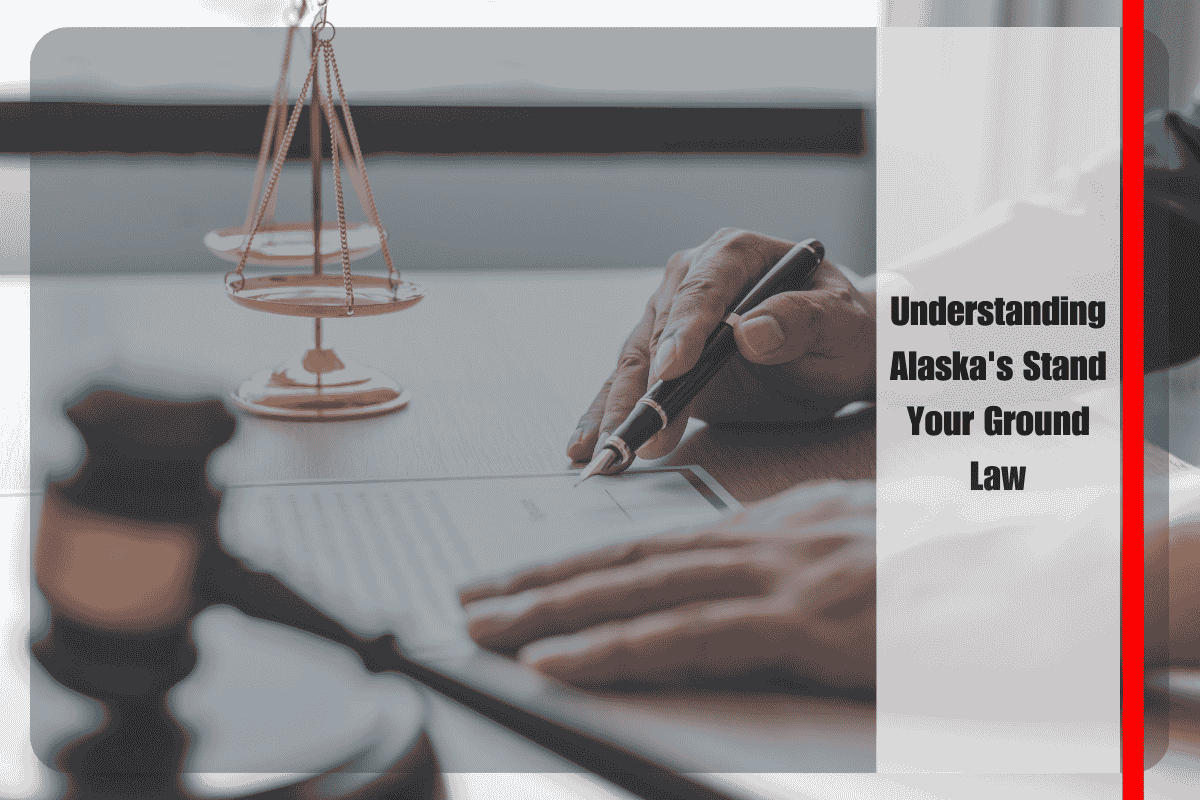Alaska has a statutory “Stand Your Ground” law, meaning that individuals do not have a legal duty to retreat before using force in self-defense if they are in a place where they have a right to be. Under Alaska Statutes Section 11.81.335, a person may use deadly force if they reasonably believe it is necessary to prevent imminent death, serious physical injury, kidnapping, sexual assault, or robbery. The law explicitly removes the obligation to retreat in public spaces where the person is lawfully present, allowing them to “stand their ground” when faced with a threat.
This law is designed to protect individuals who face sudden, serious threats by letting them defend themselves without first having to try to escape, which is different from jurisdictions with “duty to retreat” laws that require a person to avoid confrontation if safely possible. Alaska’s stand your ground provision extends to deadly force used not only in personal self-defense but also in defense of property under specific conditions.
Key principles underpinning this law include the necessity for the threat to be immediate and the force used to be proportional to that threat. Individuals cannot claim self-defense if they were the initial aggressor or involved in mutual combat without justification. The law emphasizes reasonable belief, meaning the person’s perception of danger must be something a reasonable person would share given the circumstances.
Alaska enacted this stand your ground law in 2013 to align with a broader national trend giving people more freedom to protect themselves. It aims to reduce hesitation in self-defense situations by removing legal ambiguity about retreating. However, it also carries concerns about potential misuse or overreaction leading to unneeded violence.
In practice, case rulings in Alaska have underlined the importance of proportionality and immediacy in self-defense claims. The law covers both non-deadly and deadly force but stresses that deadly force is justified only in response to serious threats such as imminent death or grievous bodily injury.
Overall, Alaska’s stand your ground law legally empowers residents to defend themselves robustly without fleeing when threatened in a place they legally occupy, balancing individual safety with legal accountability.
Sources
(https://crateclub.com/blogs/loadout/does-alaska-have-a-self-defense-law-a-comprehensive-guide)
(https://www.justia.com/criminal/defenses/stand-your-ground-laws-50-state-survey/)
(https://en.wikipedia.org/wiki/Stand-your-ground_law)
(https://giffords.org/lawcenter/state-laws/stand-your-ground-in-alaska/)
(https://www.ncsl.org/civil-and-criminal-justice/self-defense-and-stand-your-ground)












